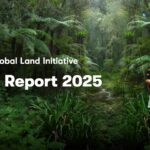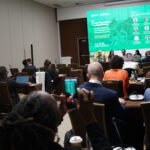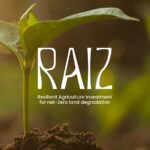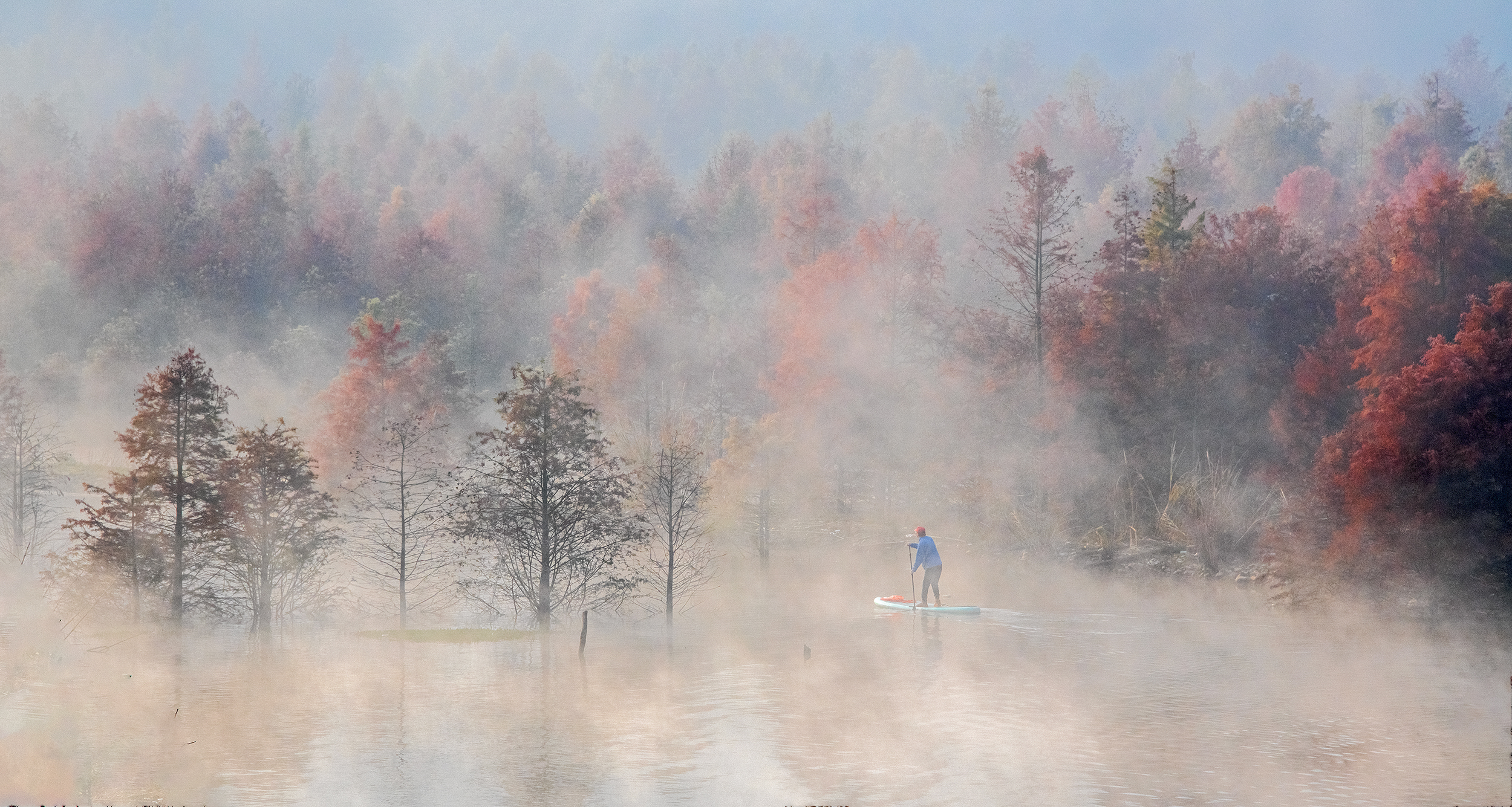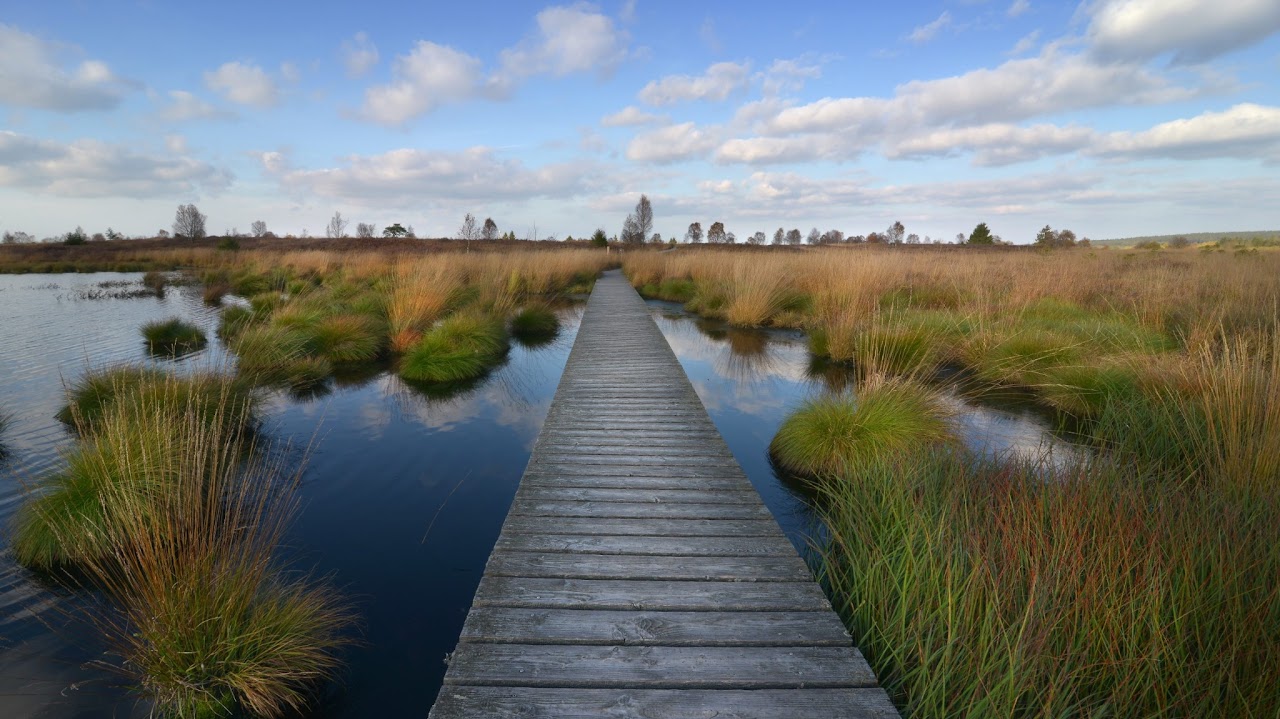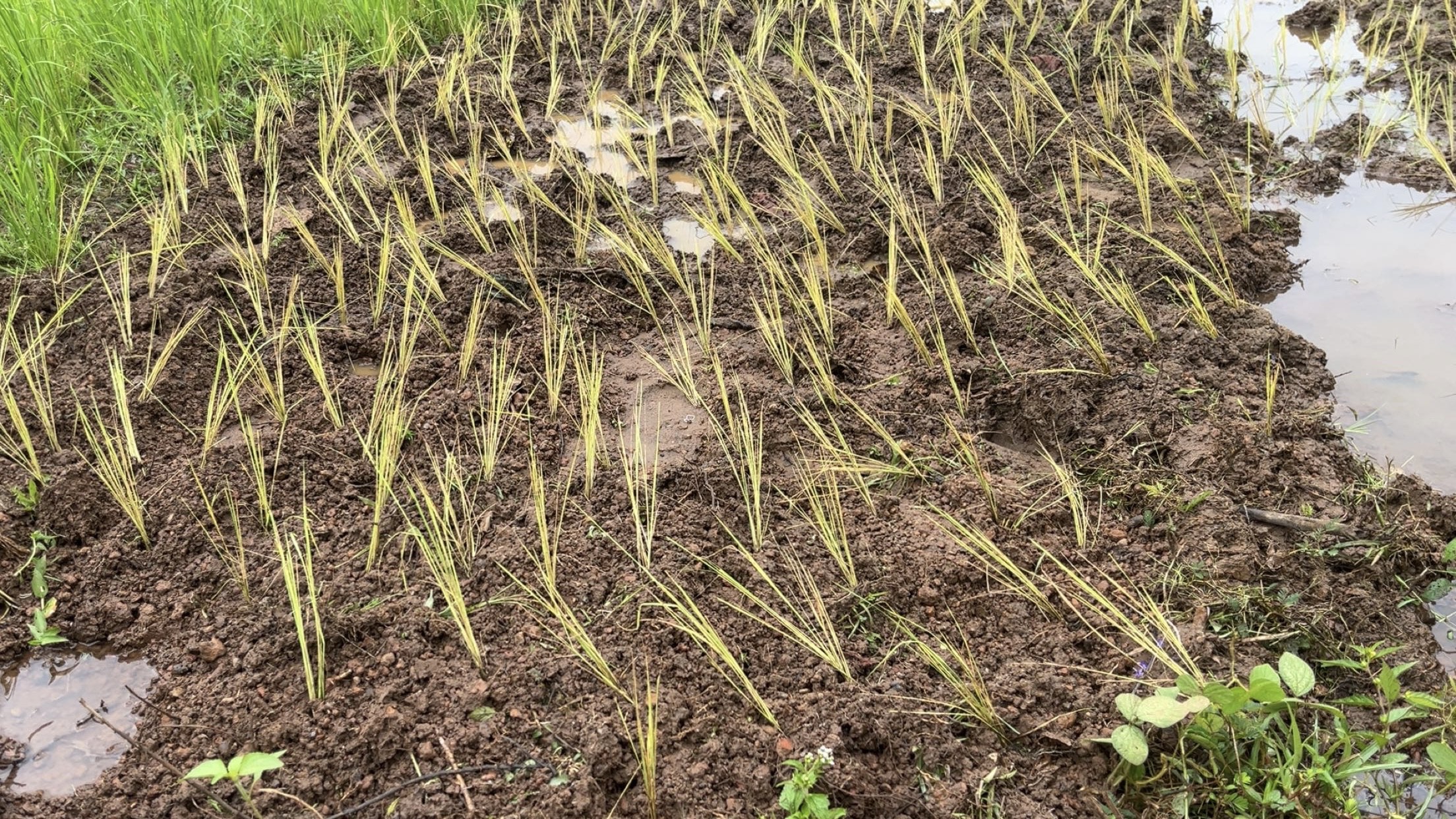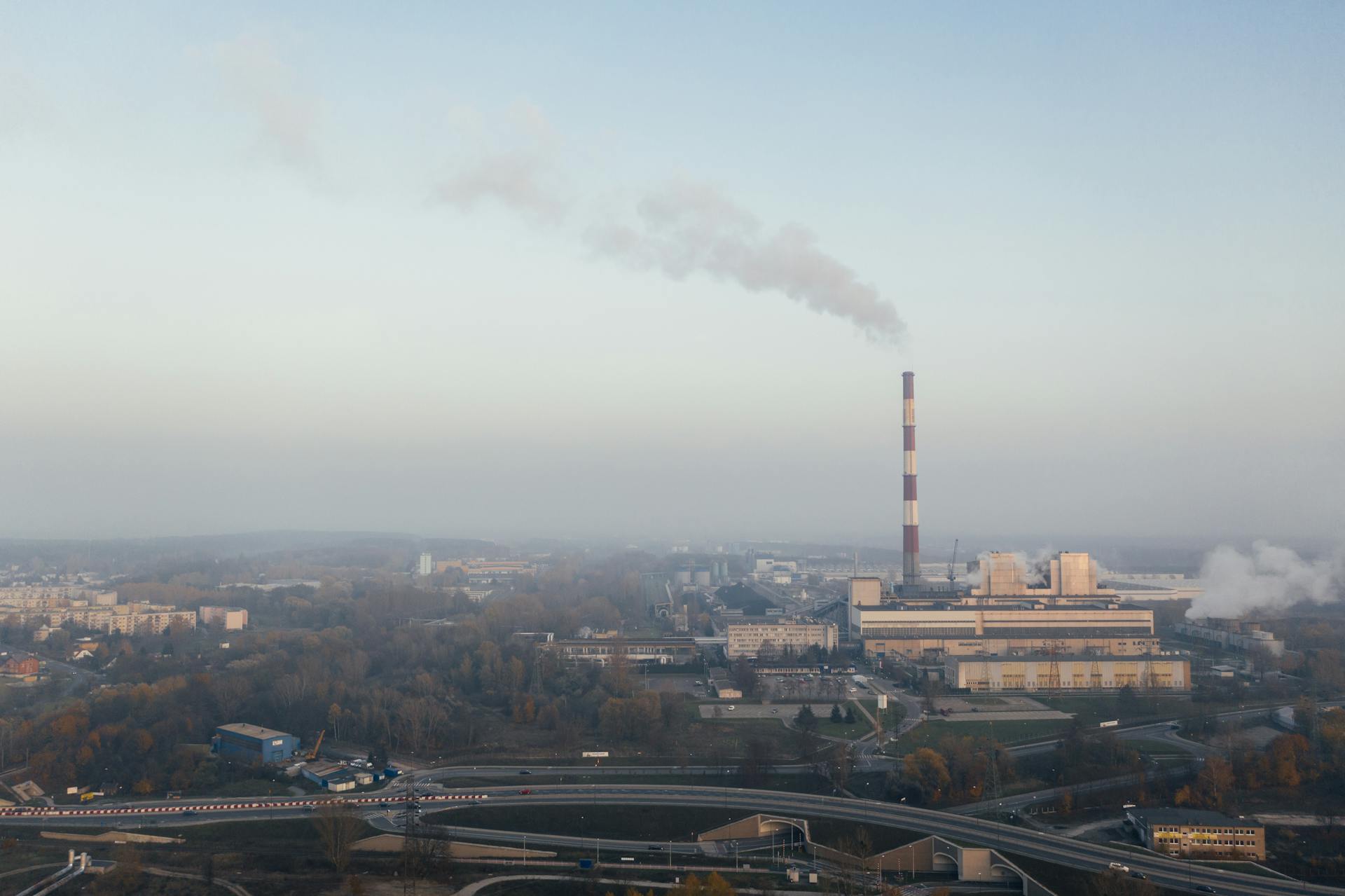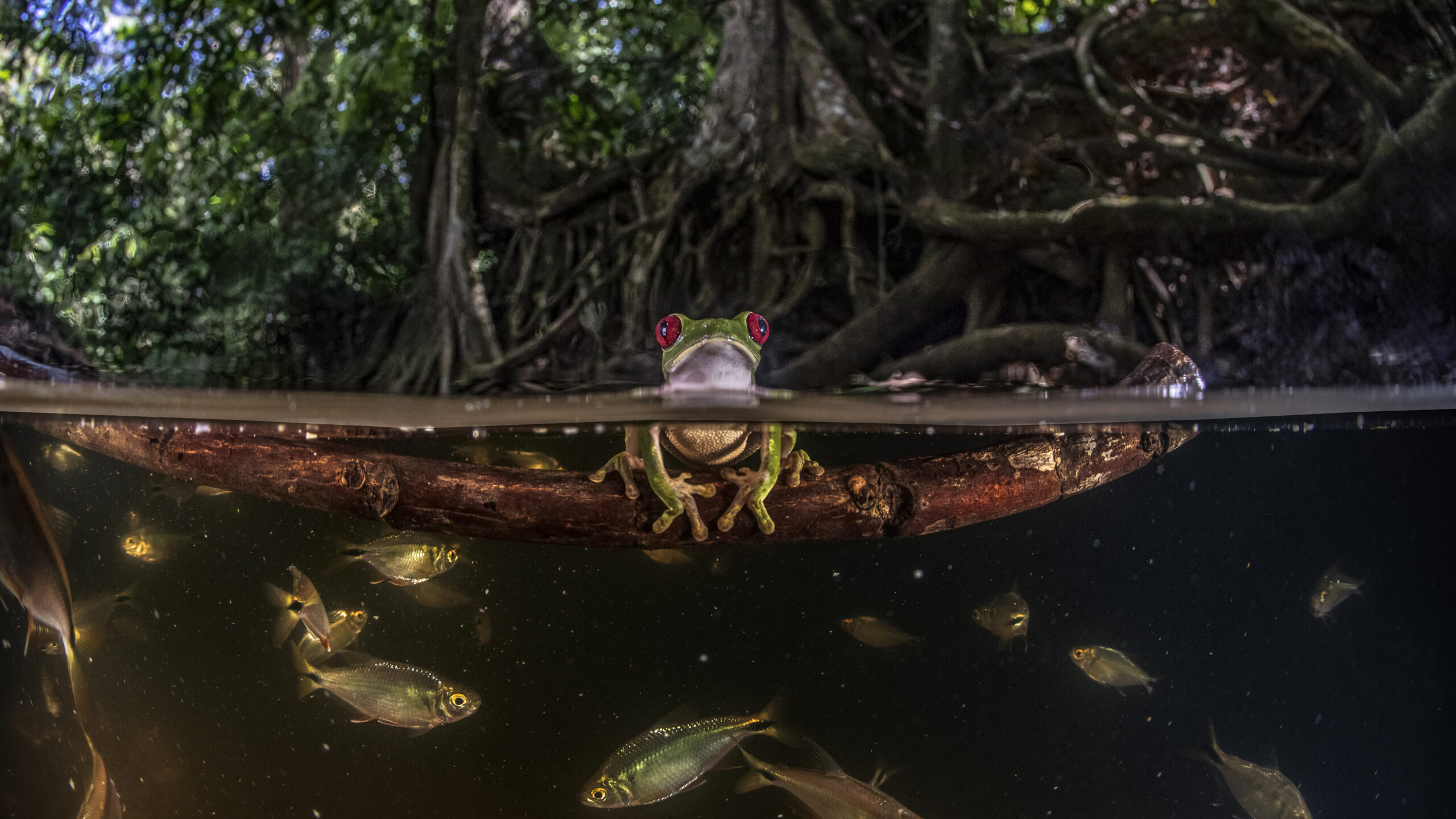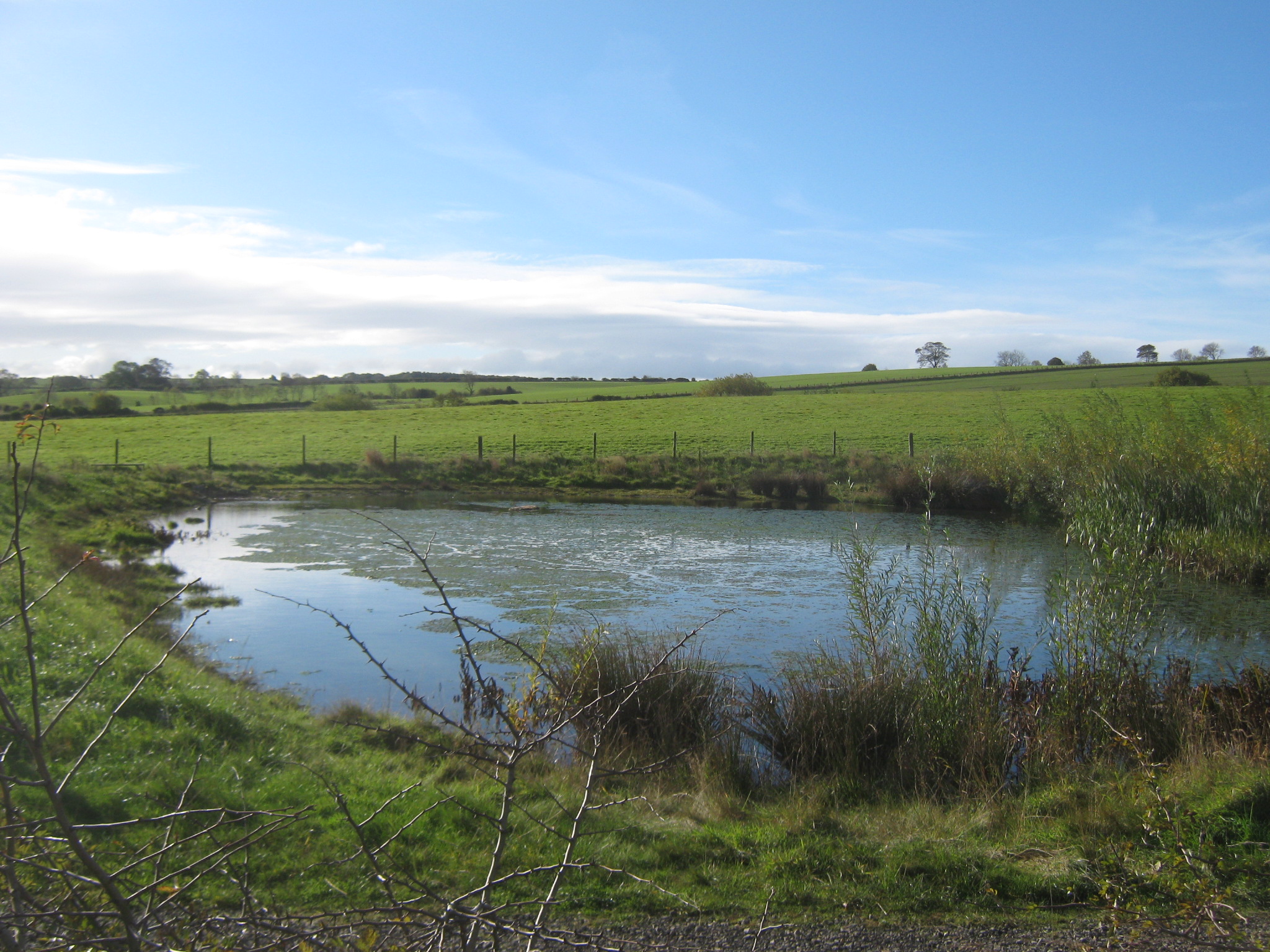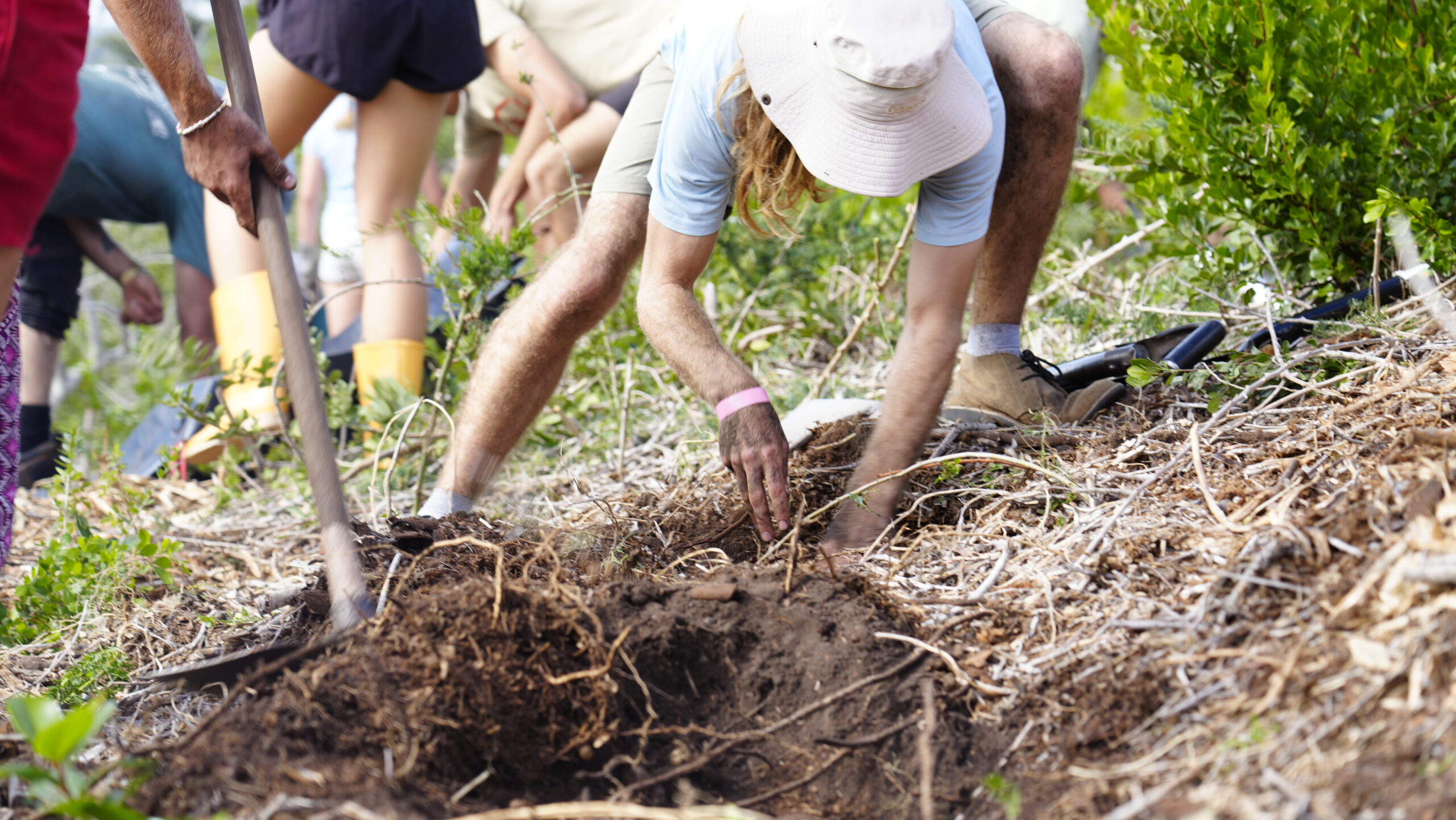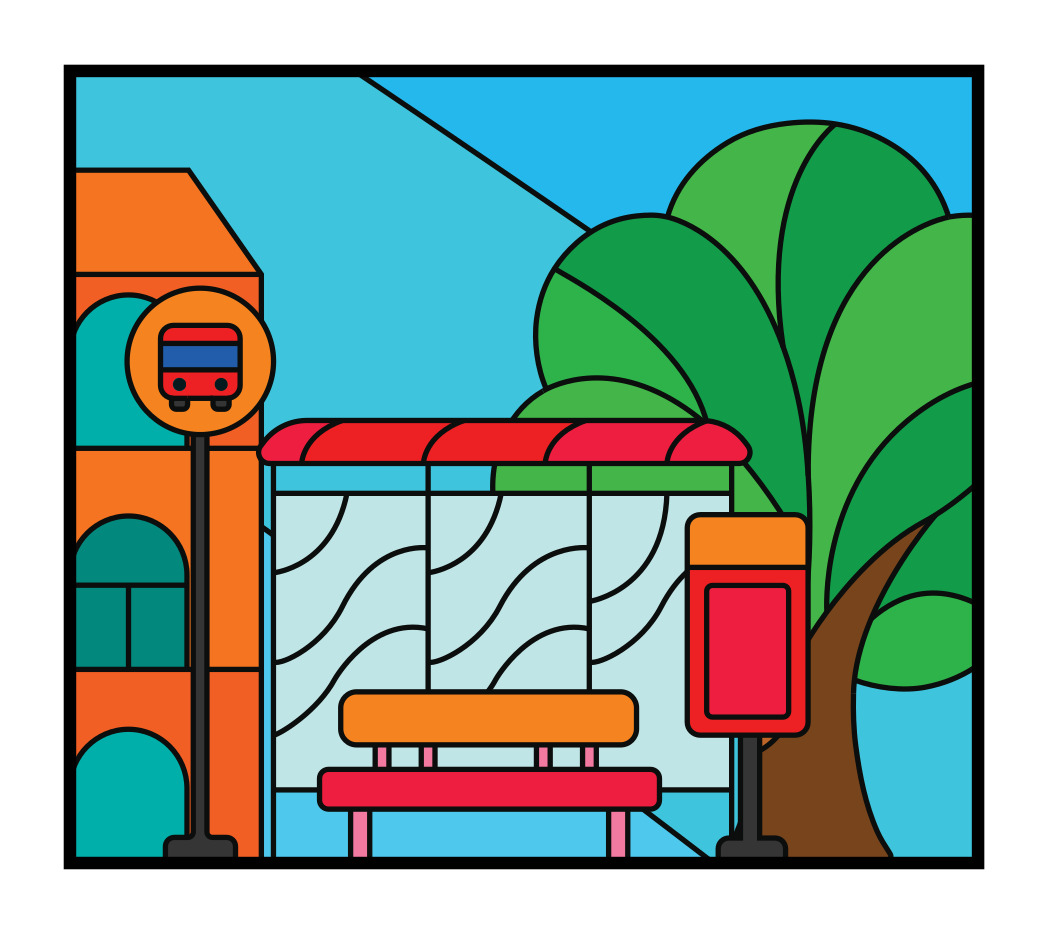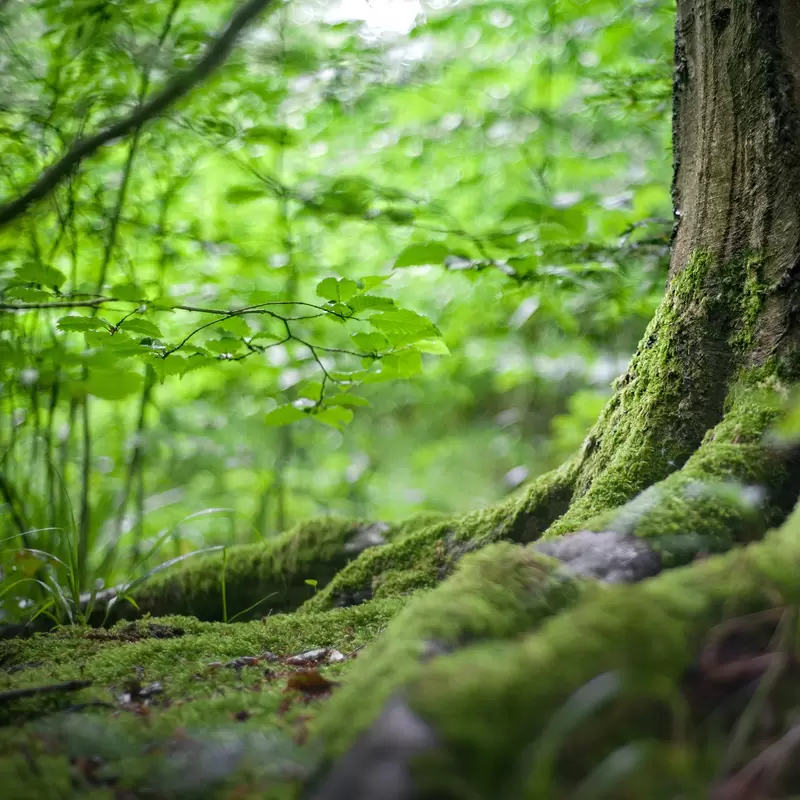Urban biking tour of restoration – #SER2025 Annual Conference, Denver, USA
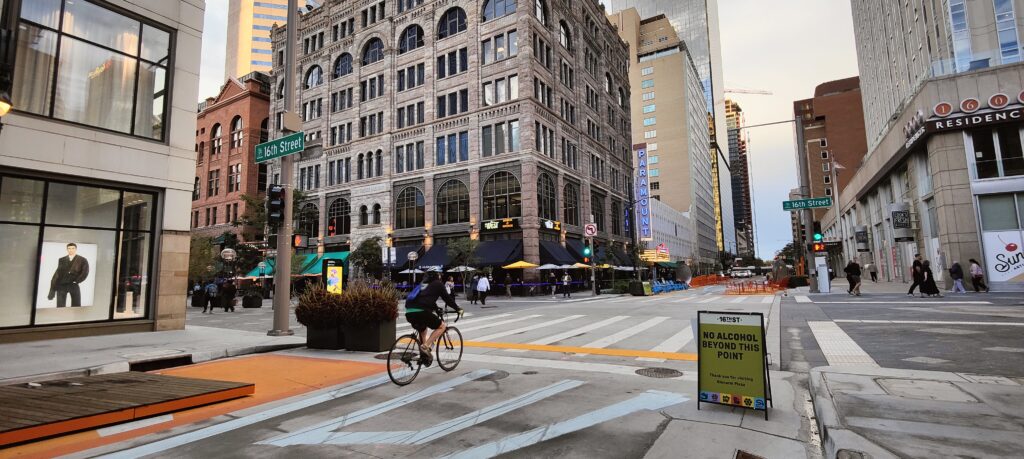
Photo credit: UNCCD/G20 Global Land Initiative
On the first day of the Society for Ecological Restoration 2025 Annual Conference held 29 September – 3 October 2025 in Denver, Colorado, United States of America, fifteen conference participants, who arrived before the conference started, saddled up for a half-day Restoration Bike Tour to learn about the City of Denver’s urban restoration efforts.
Led by Joshua Eldridge (Matrix Design Group, Inc.) and Ian Schillinger-Brokaw (Denver Parks and Recreation), the bikers explored how cities can turn degraded land into thriving green spaces. The bikers visited Globeville Landing Park, Platte Farm Open Space, and Heron Pond Open Space — each showing both challenges and promise.
Restoring native species to the inner city was one of the primary objectives, as was slowing down and filtering stormwater, and creating areas for recreation, while ensuring that residents had a say in the development of the restoration works.
Participants saw firsthand how urban land restoration strengthens communities and climate resilience. But there were certainly challenges, including managing a heavily polluted site, reducing the impact of invasive species and ensuring that local residents’ concerns were addressed.
Concerns such as: Will the native grasses create too many hiding spaces for snakes? How can we be sure that the restored areas won’t increase our property taxes too much? In spite of the concerns, local residents have overwhelmingly embraced the restoration works, said Ian Schillinger-Brokaw.
The tour was a reminder of the importance of sustainable urban land restoration and access to nature by urban dwellers.
One of the bikers’ questions related to how to ensure watershed connectivity in planning and design.
Joshua Eldridge, Director of Ecological Services at Matrix Design Group, said that “the City of Denver has developed the so-called One Water Plan, a holistic watershed plan focused on source water protection, and that address flood control, land use and general risks. The challenge is making sure that the plan is enforced by all concerned agencies.”
Participants finished the tour inspired, full of new ideas, and with slightly tired legs.
The biking tour was a great introduction to the half-day workshop organised by the G20 Global Land Initiative (GLI). Twenty participants— from university professors to private-sector innovators — joined the half-day training in on how to use GLI’s academic course titled, Trigger Change! Innovation in Urban Land Restoration. GLI’s course designer, Dr. Karen Sudmeier-Rieux, organized and led the training.
The workshop combined interactive games, short lectures and case studies on how cities can drive land-sensitive planning and inclusive restoration.
Highlights
- Jessica Hiscox (Te Whakaora o Ōkahumatamomoe, New Zealand) shared her tribe’s powerful story of leading urban and waterway restoration after forced displacement in the 1950s: “For us, culture and nature are one.”
- Gillian Davies, PWS (BSC Group, USA) presented on pocket forests — small, community-led, biodiverse ecosystems reshaping urban spaces.
- Mathias ADAM (Biotope, France) shared lessons from wetlands restoration in Telluride, Colorado.
Participants exchanged experiences from the USA and beyond, pointing to both challenges and opportunities for restoring urban land. If you haven’t already, learn more about this topic by downloading our open source university course materials.
